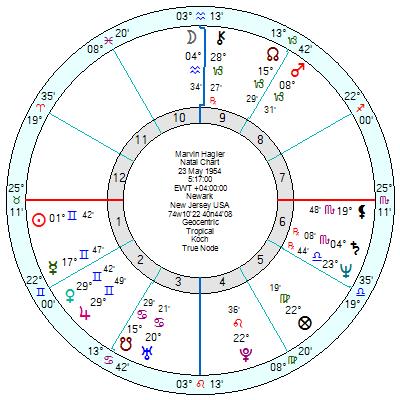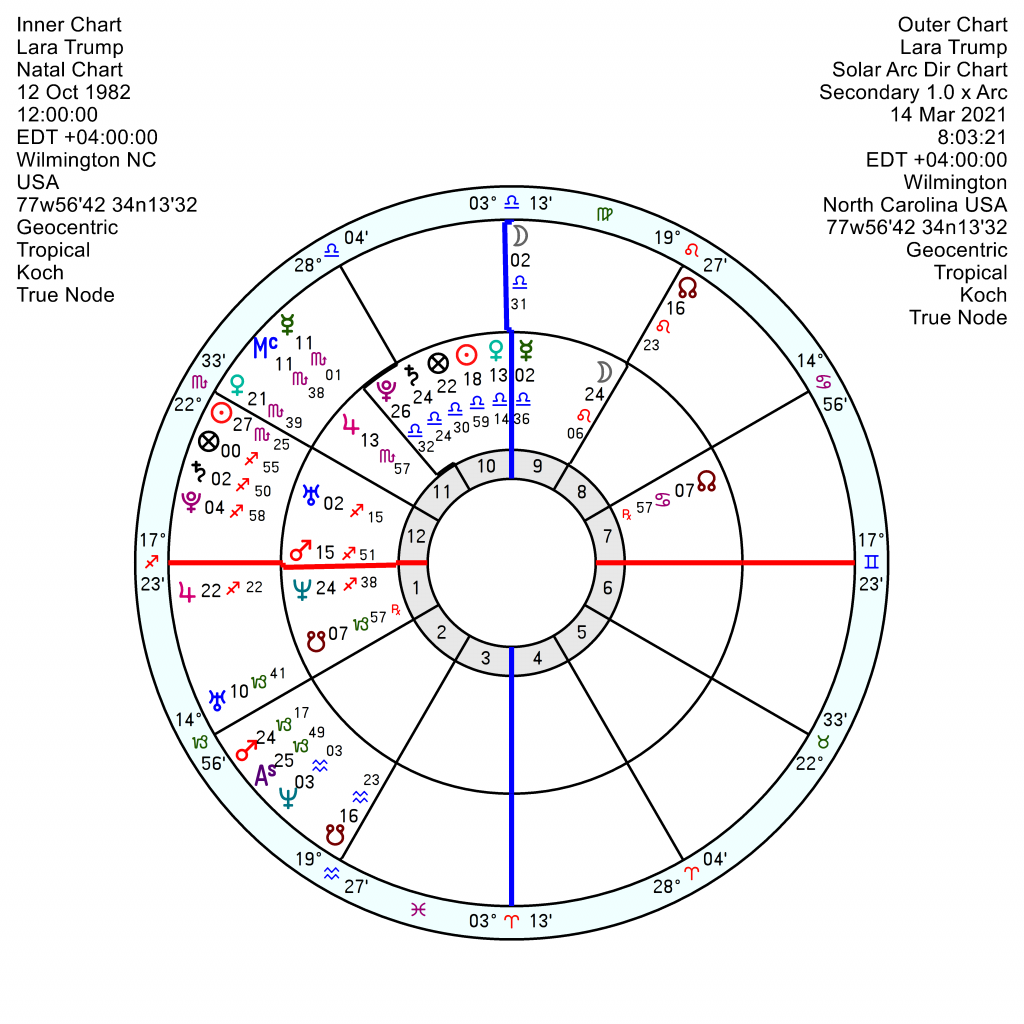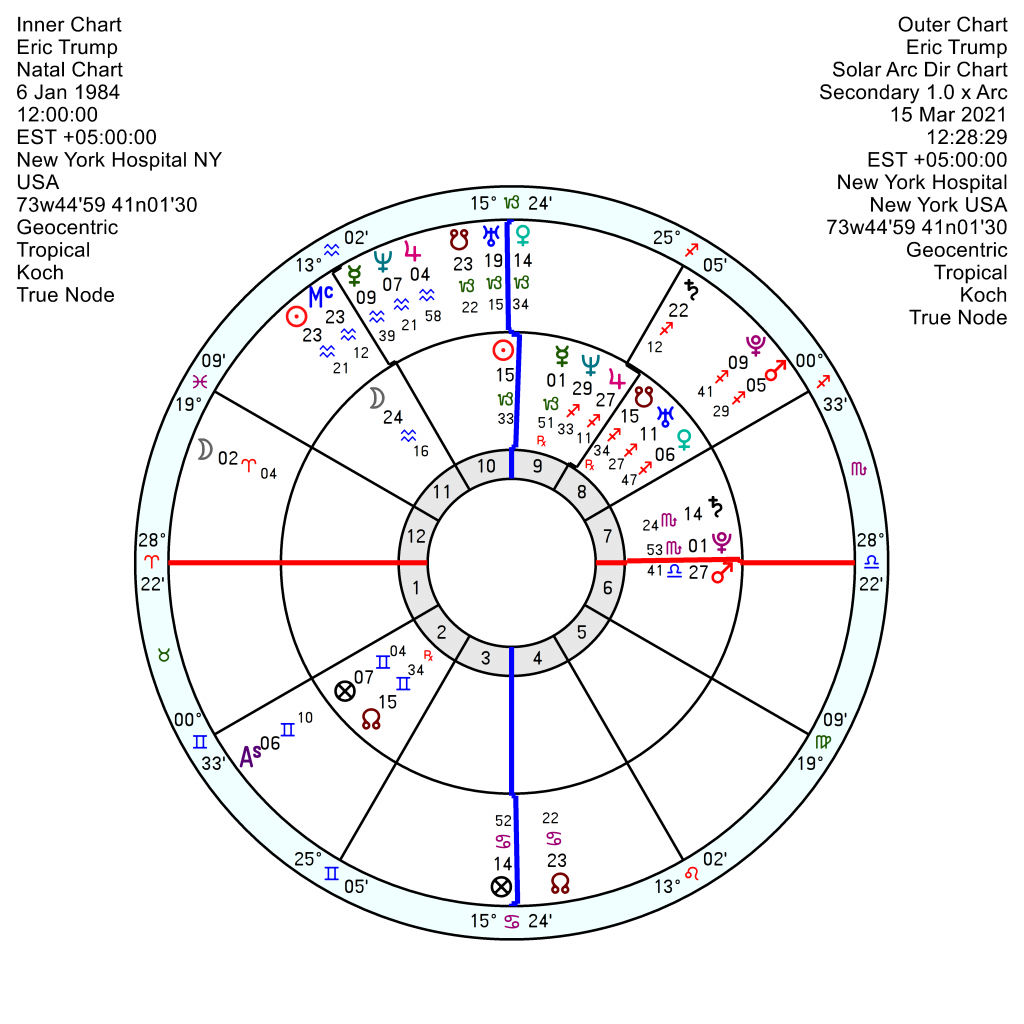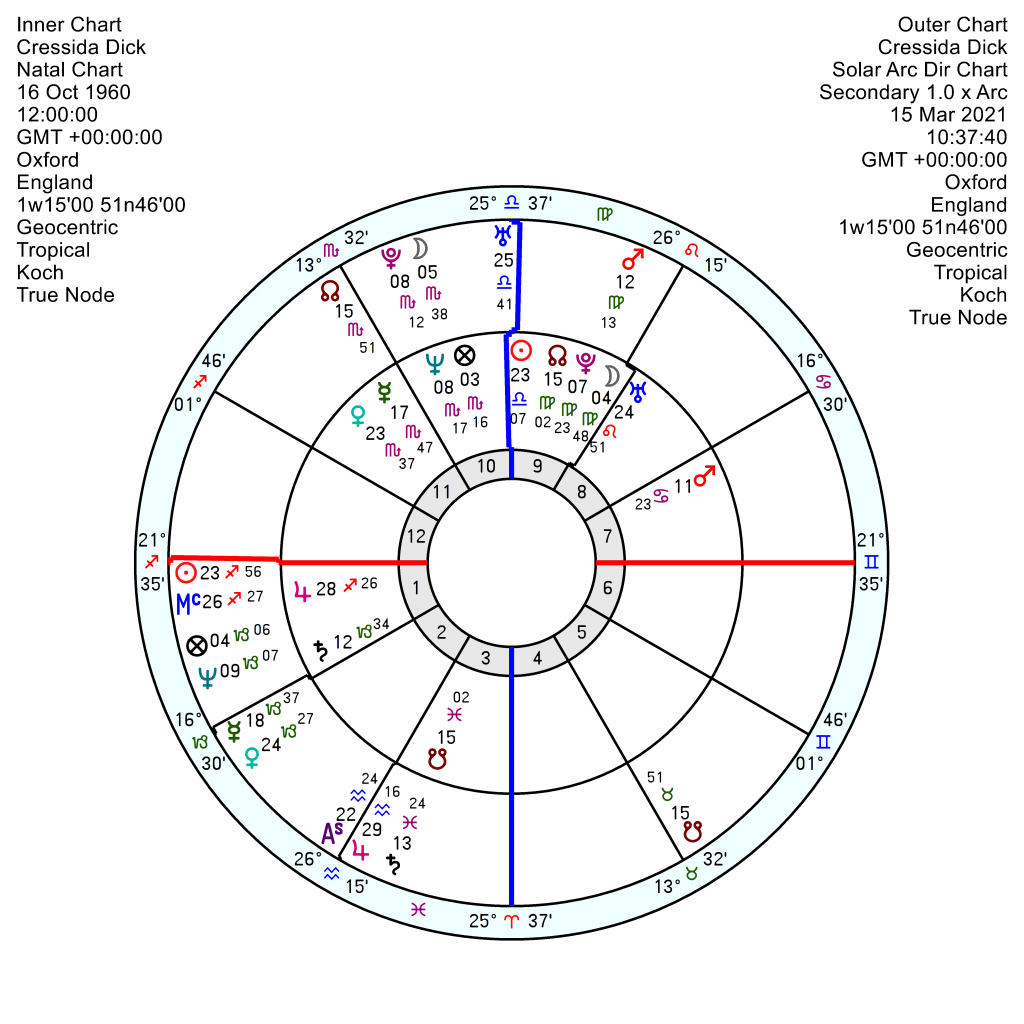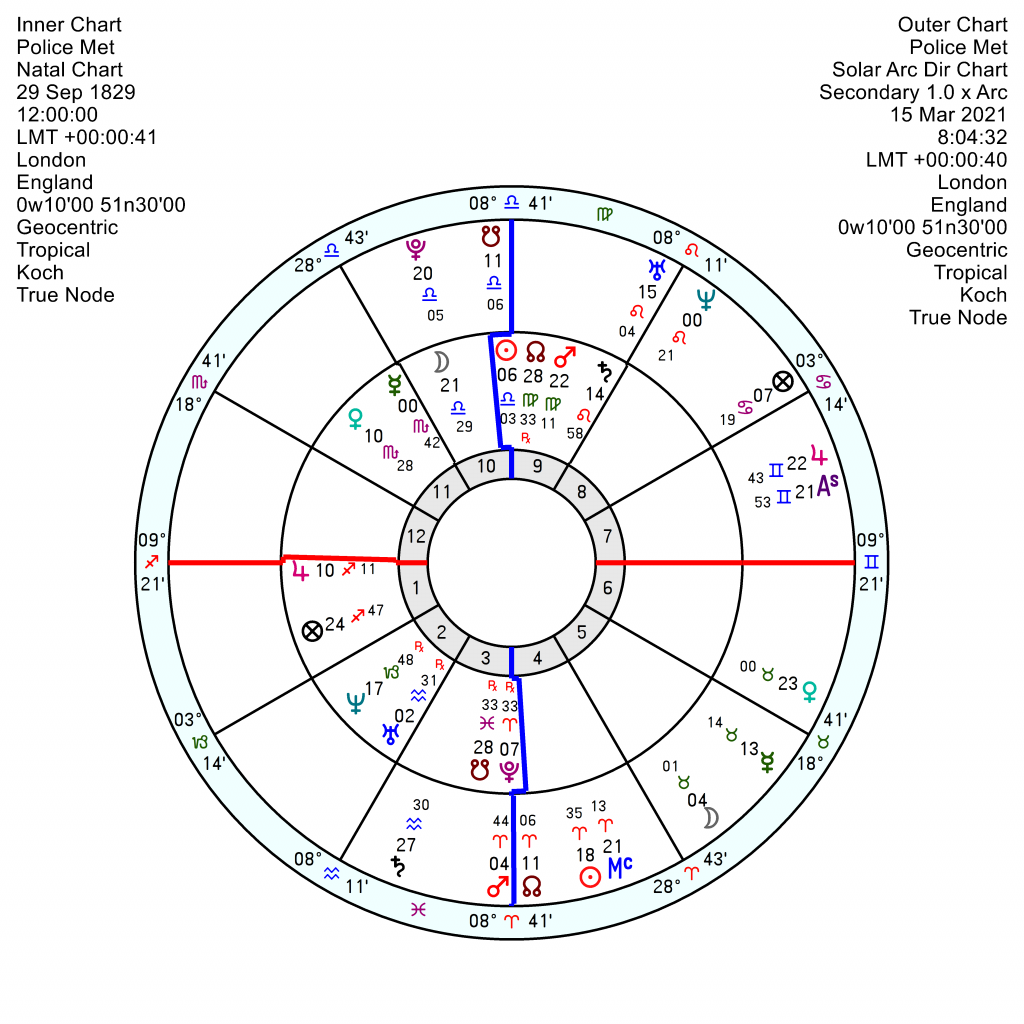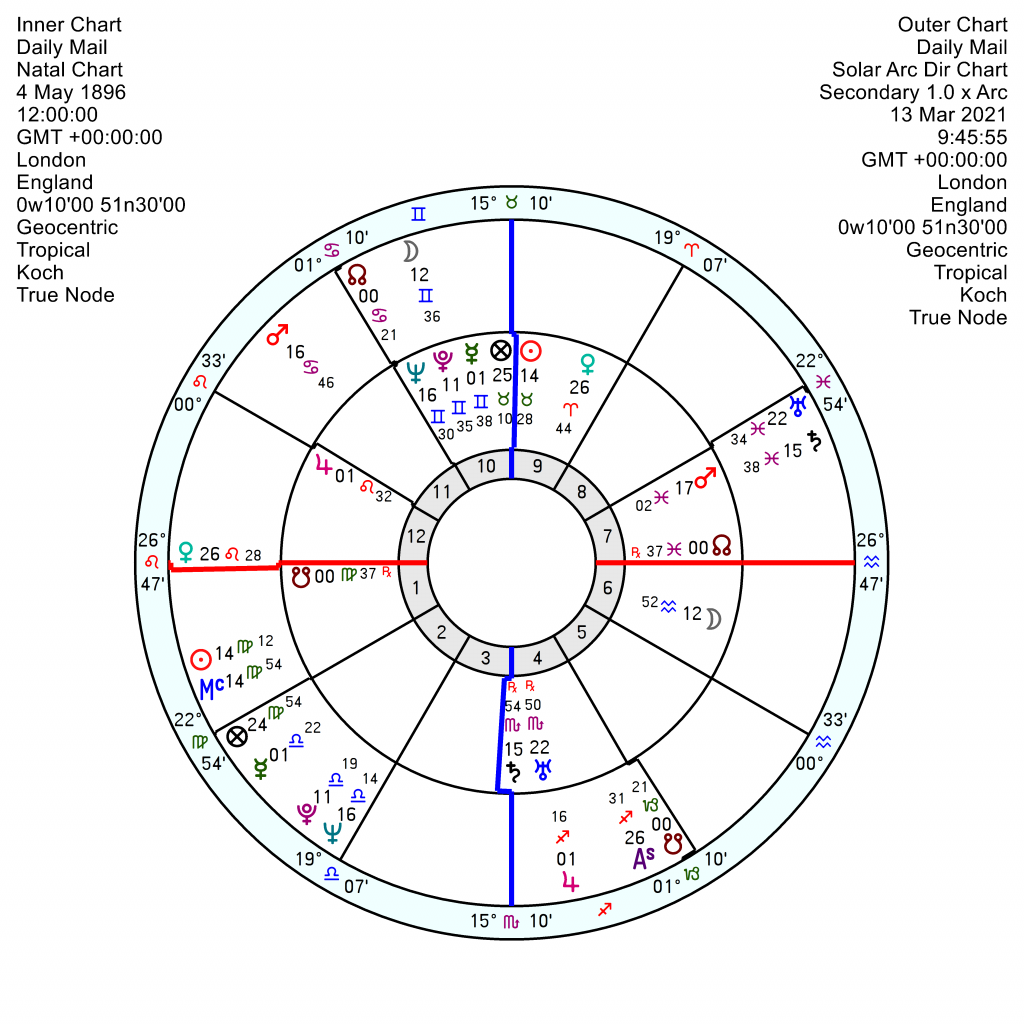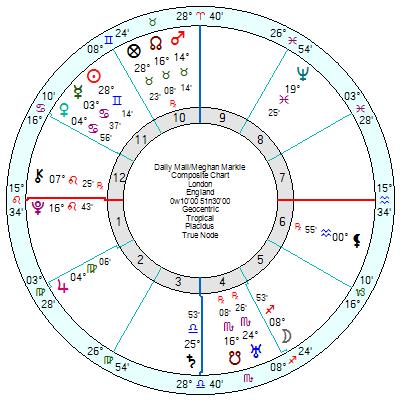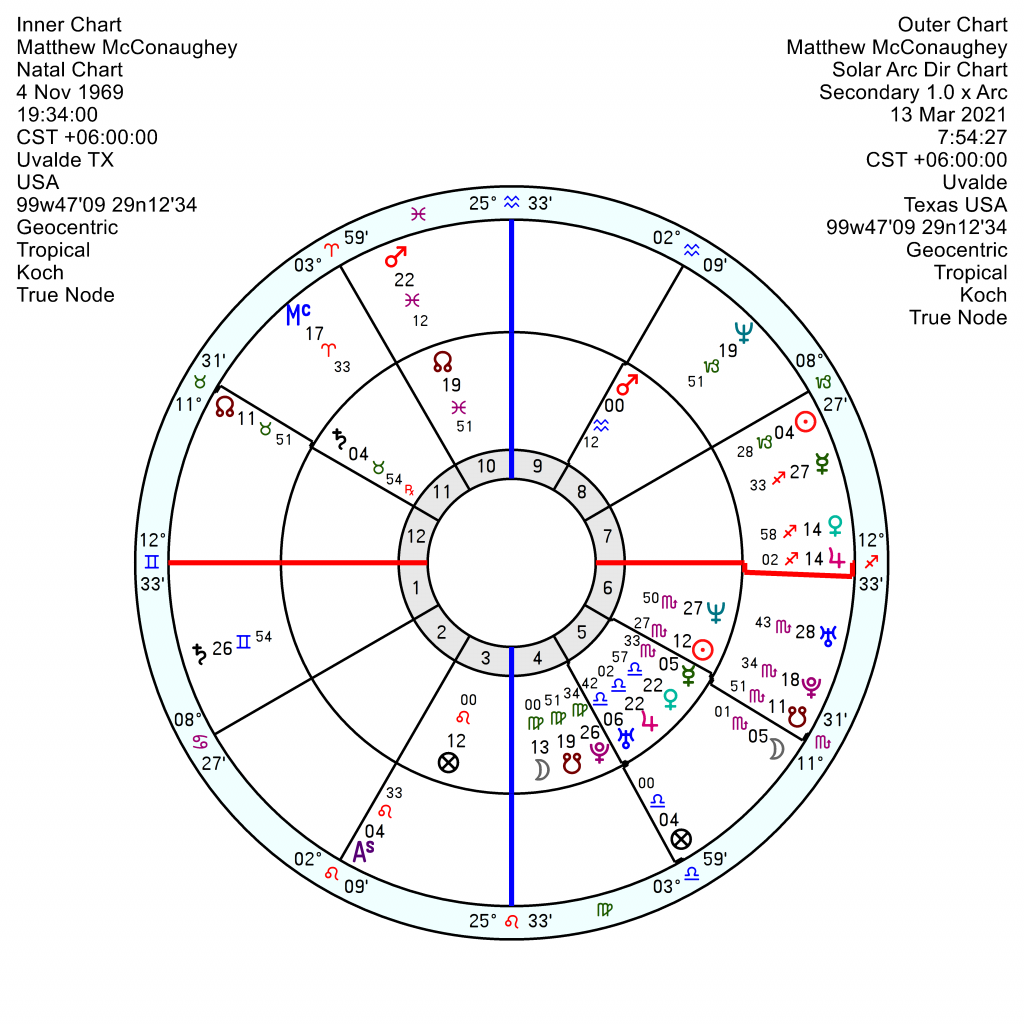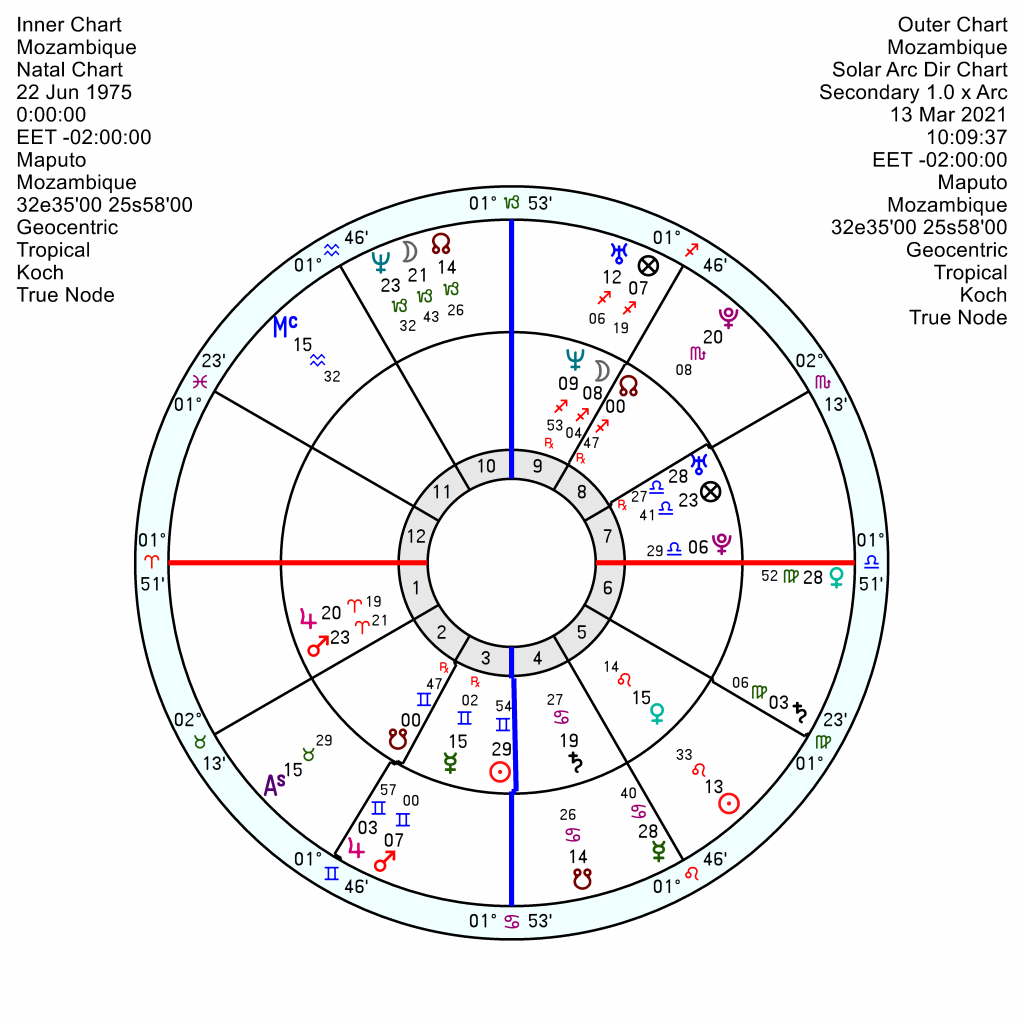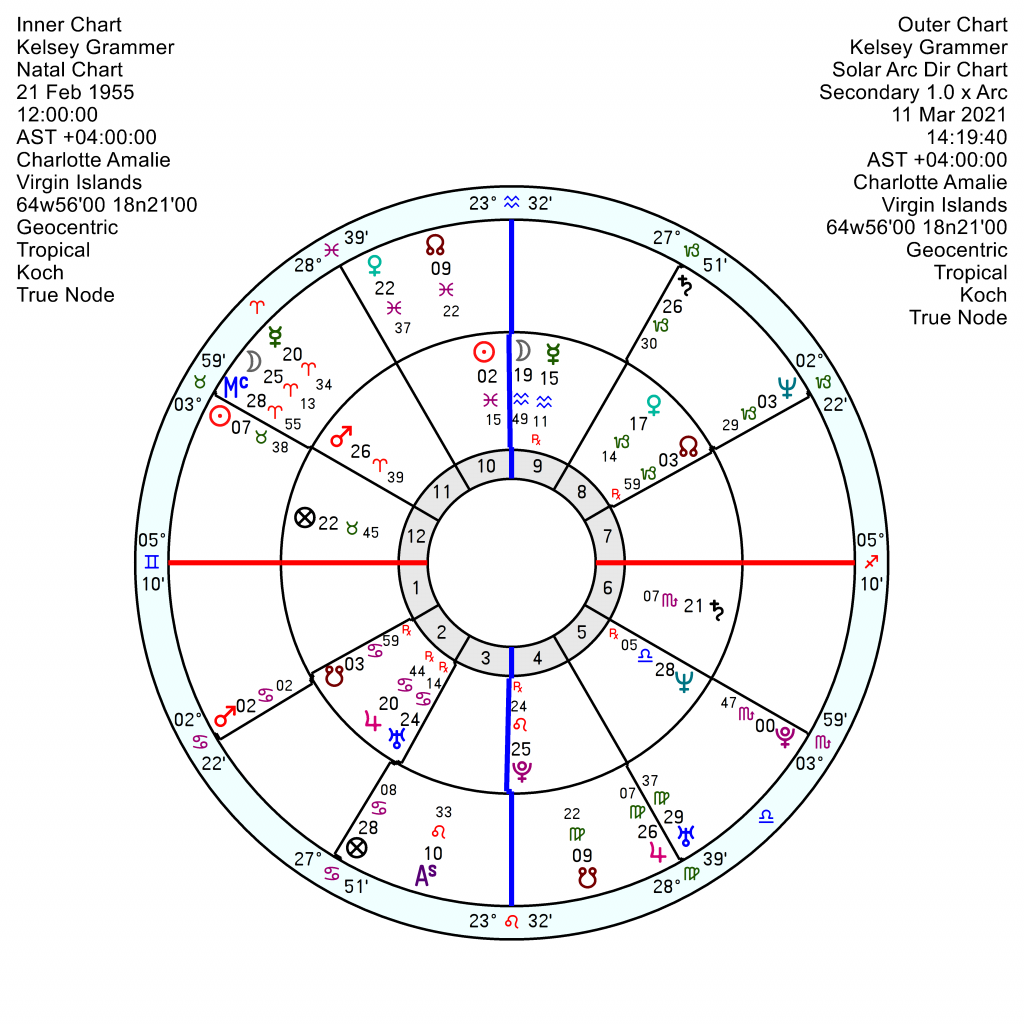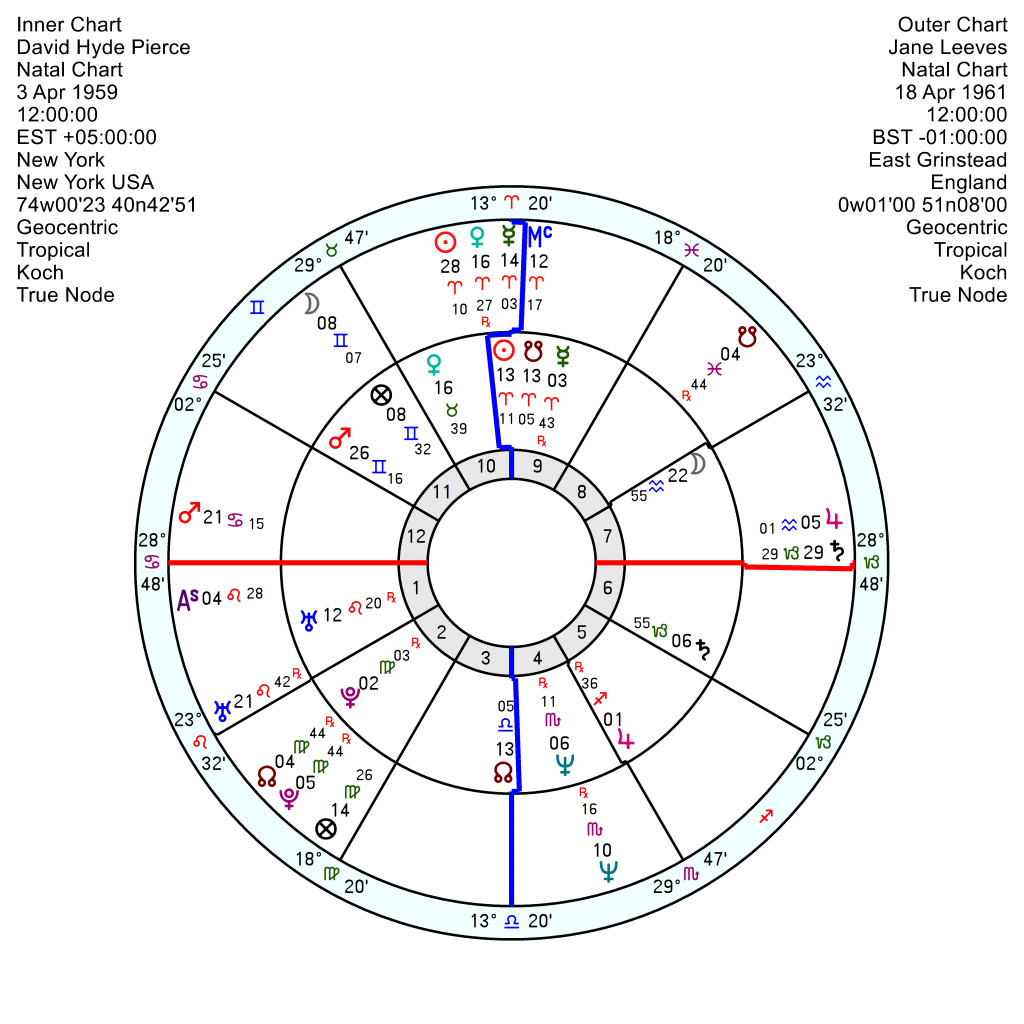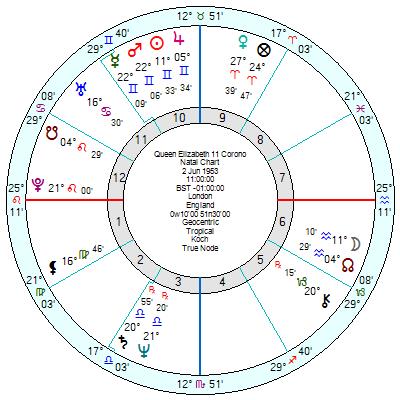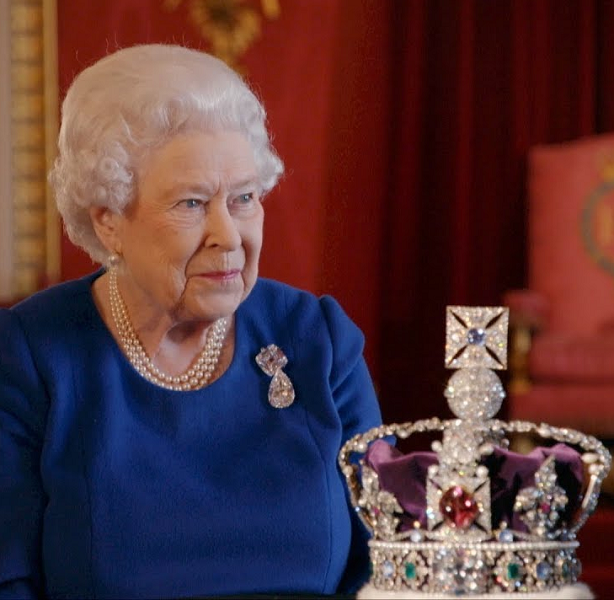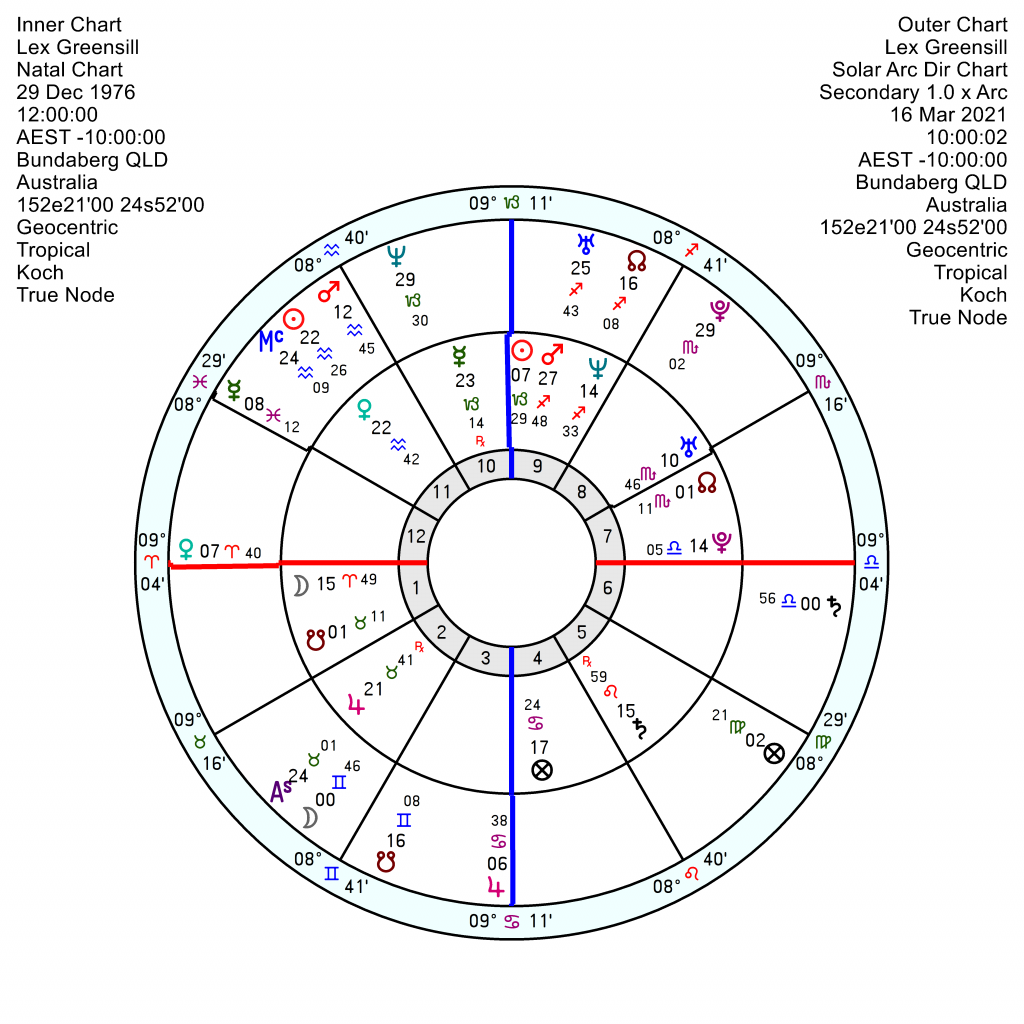
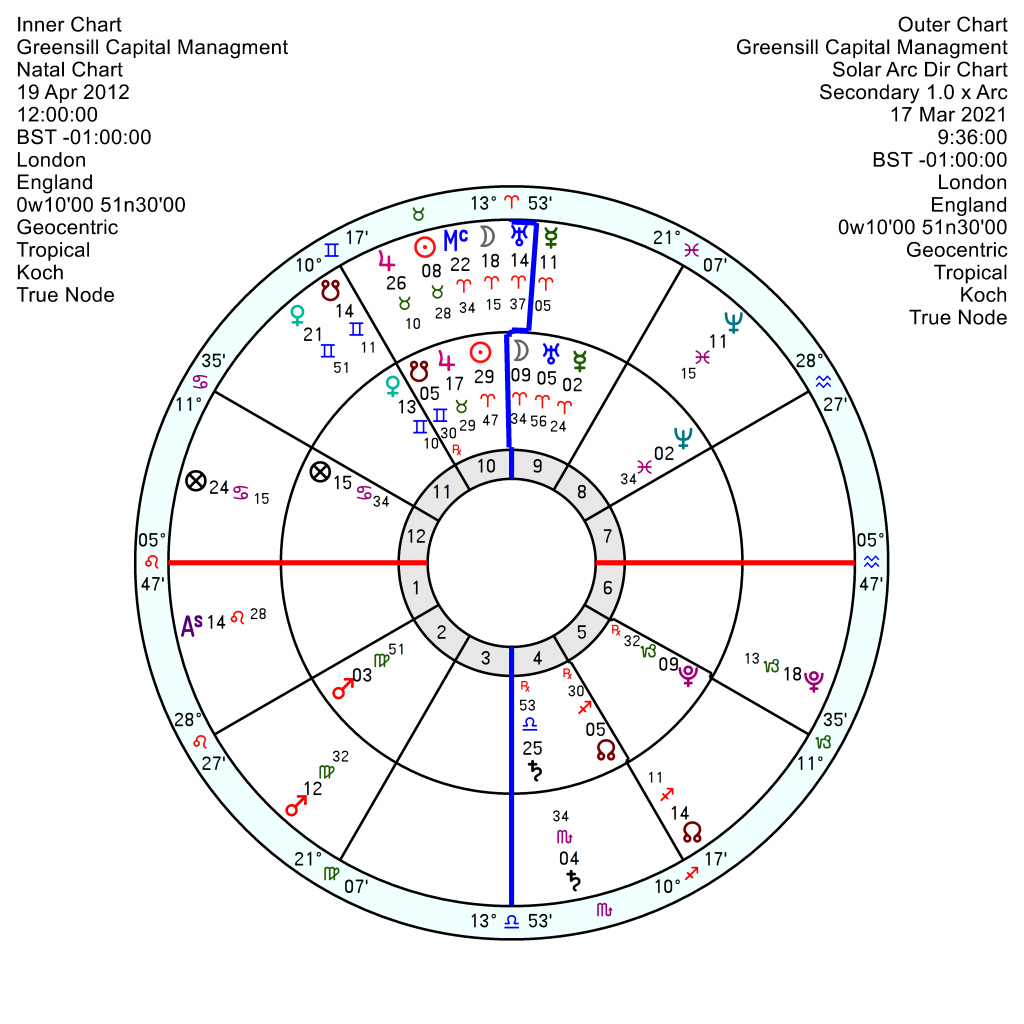
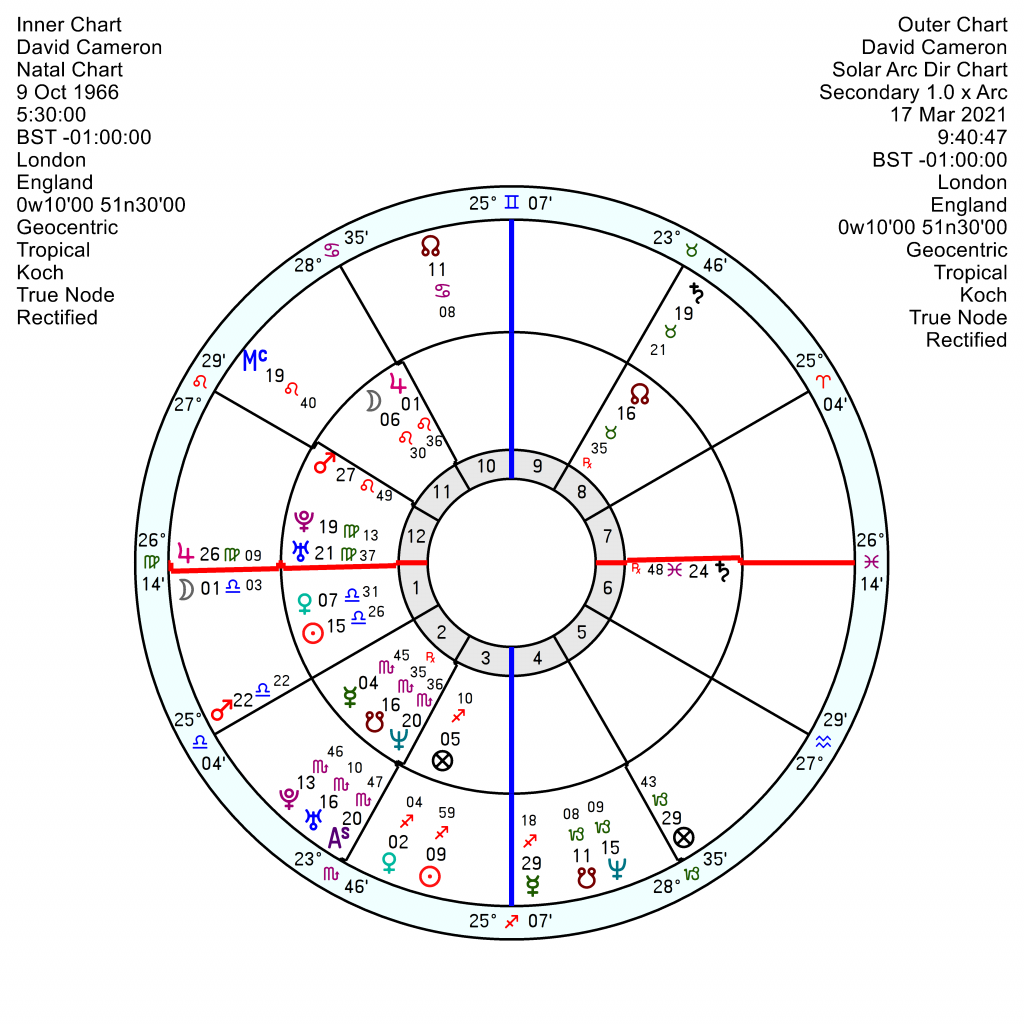

Greensill Capital, a UK financial services house involved in supply-chain financing has filed for bankruptcy sending out waves of collateral damage to banks such as Credit Suisse, the UK taxpayer and German town councils. Eye-watering sums are involved, Credit Suisse having frozen $1 billion in assets for a hard-to-estimate hit. The FT has calculated there is roughly £1bn exposure for UK taxpayers via Sanjeev Gupta’s steel/hydro-power and smelter group and Greensill, including a Scottish government guarantee. And German town councils are out circa half a million euros.
Greensill lent money to corporate customers to pay their suppliers. These loans were packaged into funds run by Credit Suisse and sold to investors. The insurance covering the underlying credit allowed investors to treat the funds as almost risk-free. Gupta’s sprawling empire GFG Alliance is now in a precarious position following the collapse of Greensill its main lender, which helped propel GFG’s aggressive international expansion spree that began in 2013.
David Cameron, the former UK PM, promoted Greensill’s “supply chain finance” initiative, which was used by the NHS in its supply of chemists. However, after the government outsourcing company Carillion collapsed with liabilities of £7 billion, an inquiry report found the scheme allowed it to “prop up its failing business model”, and was “a story of recklessness, hubris and greed, its business model was a relentless dash for cash”.
Lex Greensill, the Australian who started Greensill in 2011 with his brother, used to boast how he rose from being a sweet potato farmer to become a billionaire banker travelling the globe by private jet, and employing powerful former politicians including Cameron and the former Australian foreign minister Julie Bishop. He is remembered from his Morgan Stanley and Citibank days for his extravagance. Only last year he had hoped to float on the stock market with a $7bn (£5.8bn) valuation. In 2017 he was awarded a CBE for services to the economy in the Queen’s birthday honours. After leaving office, Cameron was signed up as a senior adviser to Greensill and flew around the world promoting the business.
Lex Greensill, according to an old Companies House document was born 29 December 1976 in Bundaberg, Australia. [Date to be treated with some caution since it depends on the accuracy of the filing. Sanjeev Gupta’s birth date varies between 27 July and 27 September 1971 on different company documents.)
If this date is accurate and it looks feasible. He has a Capricorn Sun, possibly on the focal point of a Cardinal T Square to an Aries Moon opposition Pluto – ego-centric, controlling, power-hungry. Even more significantly he has a focal point Jupiter in indulgent Taurus in a Fixed T Square to a Venus opposition Saturn in wannabe-important Leo. Fixed signs are acquisitive and more so with Jupiter involved – immoderate, excessive in expectations, grandiose. Bil Tierney remarks: “ This apex Jupiter seeks expansion and extended control in financial areas or investments, and is prone towards having much faith in its wheeling-and-dealing potential” – with a tendency to over commit.
His 9th Harmonic – what gives him pleasure – and often notable amongst the financially greedy, is stratospherically ambitious and ruthlessly determined.
If anything 2023 looks even more of a car-crash year than this one, if his birth date is sound.
His Greensill Capital Management, incorporated 19 April 2012 in London, also has Jupiter in Taurus with a final degree Aries Sun opposition Saturn in Libra. The Saturn is catching the depressing, deprived tr Pluto square this year, the midpoints thereafter and then the Sun. Intriguingly it has echoes of Lex Greensill’s 9th Harmonic since there is a Grand Trine of Mars trine Pluto trine Sun, with Mars opposition Neptune.
David Cameron was almost certainly in thrall to Greensill’s power since LG’s Pluto is conjunct Cameron’s Libra Sun. The relationship chart (dates being sound) hints the fallout may be worse in 2022/23.
This year Cameron has a morale-denting Solar Arc Neptune square his Sun; with tr Neptune continuing to undermine his Uranus Pluto opposition Saturn making for uncertainty and mounting panic in 2022/23 as tr Neptune is conjunct his Saturn.
The Tories and money!! Perhaps this is part of Pluto’s final sting-in-the-tail as it exits Capricorn, pulling down one more column in the temple of greed
Add On: From FT March 19th: David Cameron lobbied for Greensill access to Covid-19 loan schemes.
Former UK prime minister urged bigger role for group but Treasury remained reluctant

